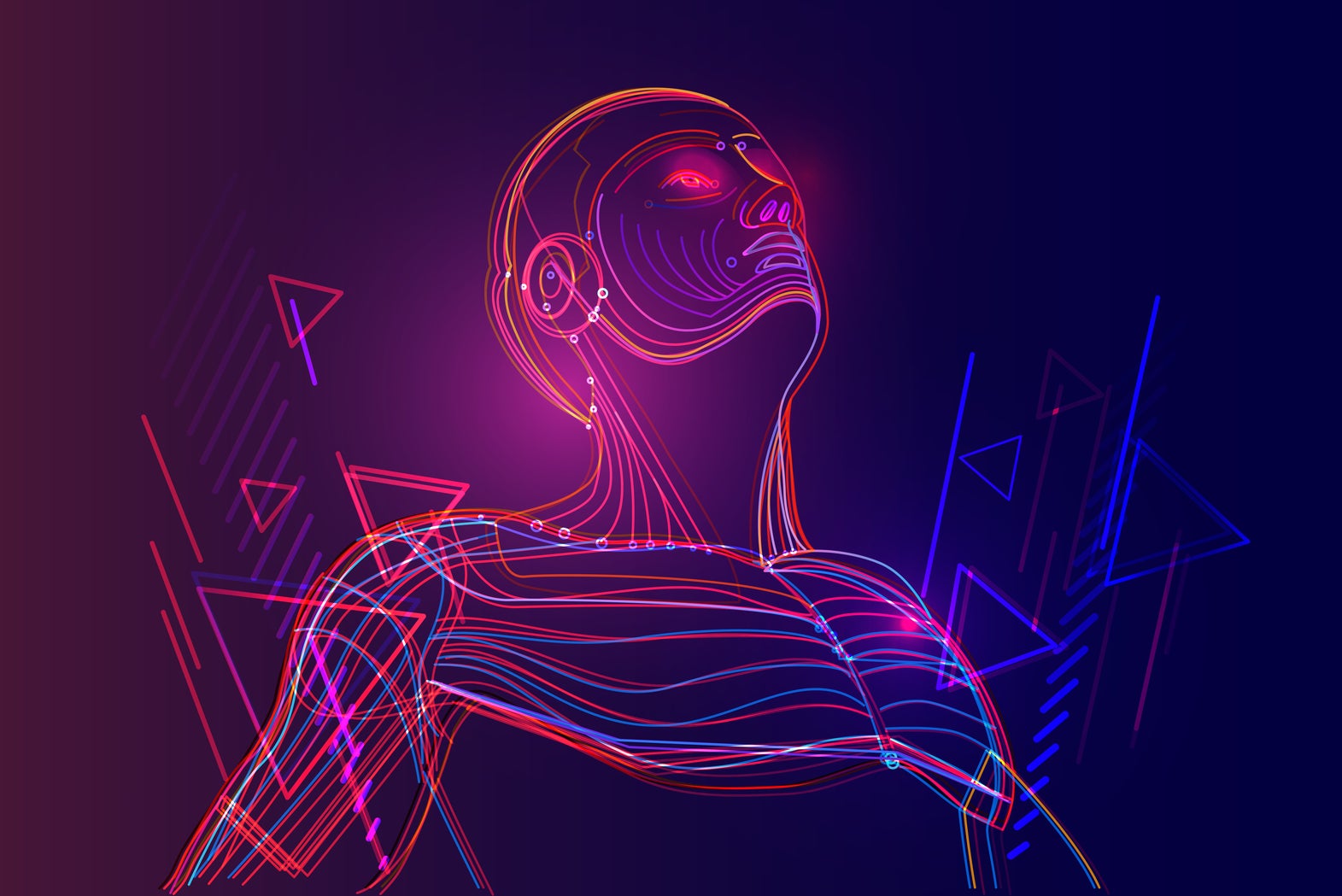
From boardrooms to editorial departments, interest around artificial intelligence (AI) and machine learning is showing no sign of abating.
This is especially true for the intellectual property (IP) industry following the recent news that a Surrey-based research team – in conjunction with a US artificial intelligence company, Dabus – filed the first ever patent applications for inventions created by a machine to patent offices in the US, UK and EU — a development that marks a seismic shift in the invention process.
Until now, robots had only played their part in the background – notably on the manufacturing line – and few outside the IP industry could have predicted that AI would assume the role of the creator in the invention process. In doing so, AI is usurping what most people hold to be a uniquely human capacity.
With big data becoming ubiquitous and increasingly accessible, it is imperative that we consider the effect AI and machine learning will have on the role humans play in the innovation process.
Unlocking inventions with big data
The rise of big data and AI is completely revolutionising how inventions come about.
Large patent data lakes are being continuously scanned by AI systems to identify market gaps and commercial opportunities, especially to spot where multiple existing patents can be combined in some way to create something new – a commonplace strategy notably used in biotech.
How well do you really know your competitors?
Access the most comprehensive Company Profiles on the market, powered by GlobalData. Save hours of research. Gain competitive edge.

Thank you!
Your download email will arrive shortly
Not ready to buy yet? Download a free sample
We are confident about the unique quality of our Company Profiles. However, we want you to make the most beneficial decision for your business, so we offer a free sample that you can download by submitting the below form
By GlobalDataWith such AI practices already under way, it is only a matter of time until AI not only identifies commercial gaps but fills them with its own inventions. In fact, many companies, such as Philips, are already working on such solutions.
Whilst we are becoming accustomed to the thought of robots performing creative and intellectual tasks, as a society and indeed as a species, we’re going to have to get to grips with the reality that robots too can be inventors.
Using deep learning technology, robots are already writing music, creating lyrics and music protected by copyright. With such developments already taking place, it’s not hard to envisage robots creating their own IP in other industries, such as pharmaceuticals or consumer technology.
Not only would AI and machine learning enable the creation of new inventions, but they could be programmed to run trial and error tests to evaluate a product from early-stage conception to finished product and be used by innovative corporates to gain significant commercial advantages.
A path riddled with obstacles
The pace of advances being made in AI and machine learning mean that changes will need to be made to current IP systems. This issue should be considered by both IP rights holders and the legal profession as today’s IP systems assign inventions to their respective human inventors, which will become increasingly problematic as the number of robot-derived inventions increases.
However, handing patent rights to machines would also present a number of obstacles. It would need to be decided who, or which company, would speak on behalf of the AI inventor on matters concerning the management of IP rights, such as whether to lease IP rights to a third party or to renew patents, for example. Surely this essential human element will circumvent IP ownership in its most complete sense.
Assuming many humans were assigned to work with the AI creator, it also remains to be determined how the software developer (of the AI) will profit from AI-derived IP, such as from the leasing of IP rights.
AI and innovation: the bottom line
Corporates, and their innovation arms, and inventive start-ups alike will need to closely watch developments as AI and machine learning technology progresses.
Not only will AI inventors radically transform innovation and, potentially, the types of inventions we see, but it could also cause significant disruption to the role that humans play in the invention process. However, so long as businesses stay on top of these technological advancements, there should be excellent opportunities to beef up their patent portfolio.
AI has now written intricate pieces of music, created art and designed new inventions. It is clear that a new age has arisen – that of the robot inventor and creator.
Read more: When machines create: Should AI be recognised as an inventor?







